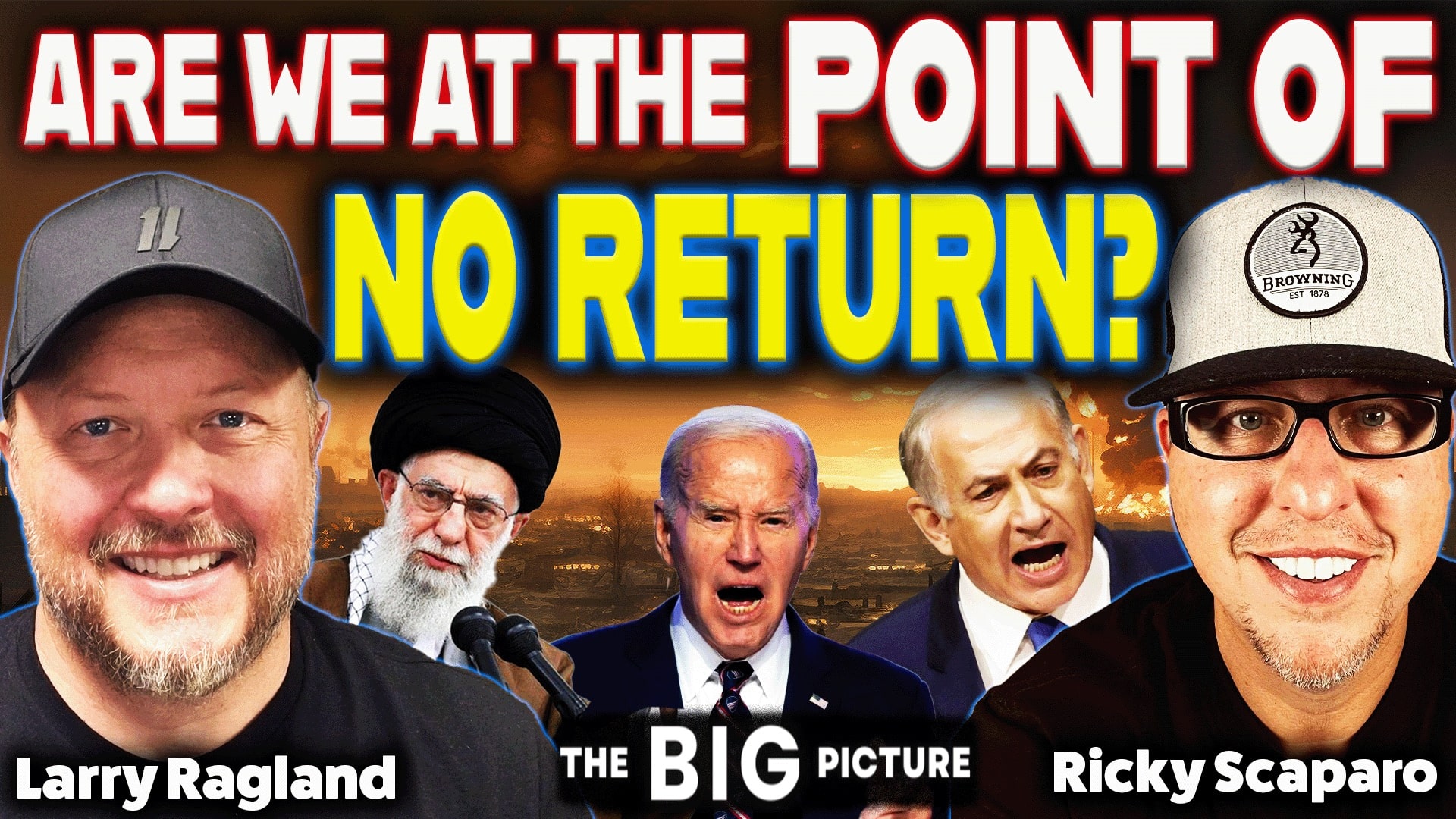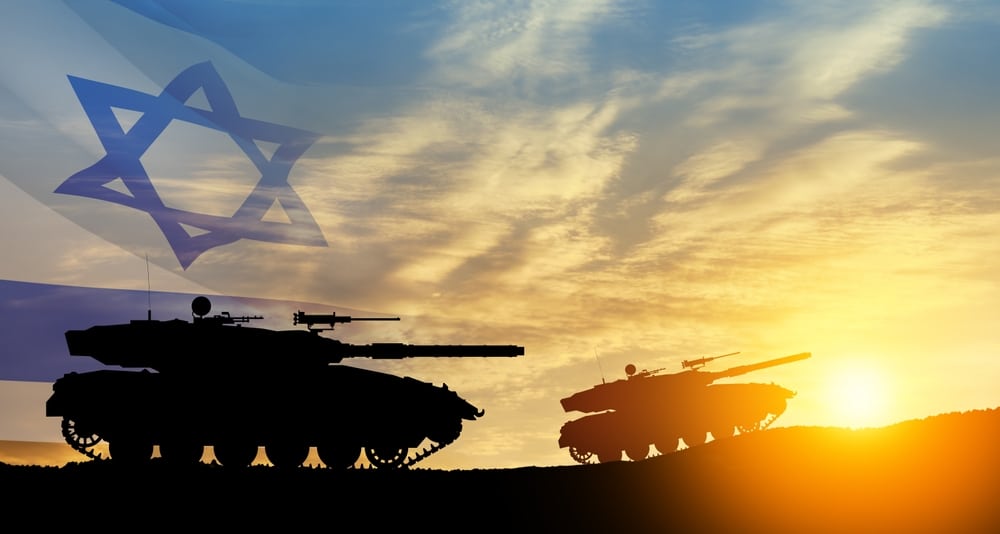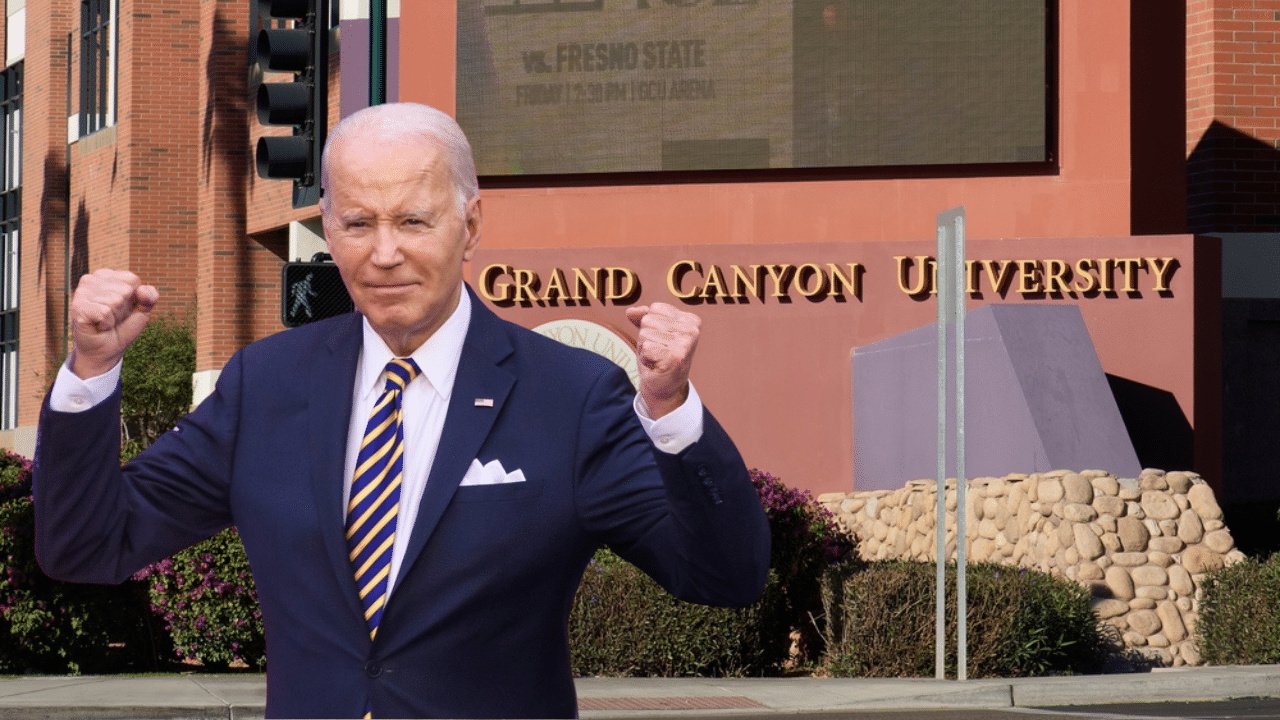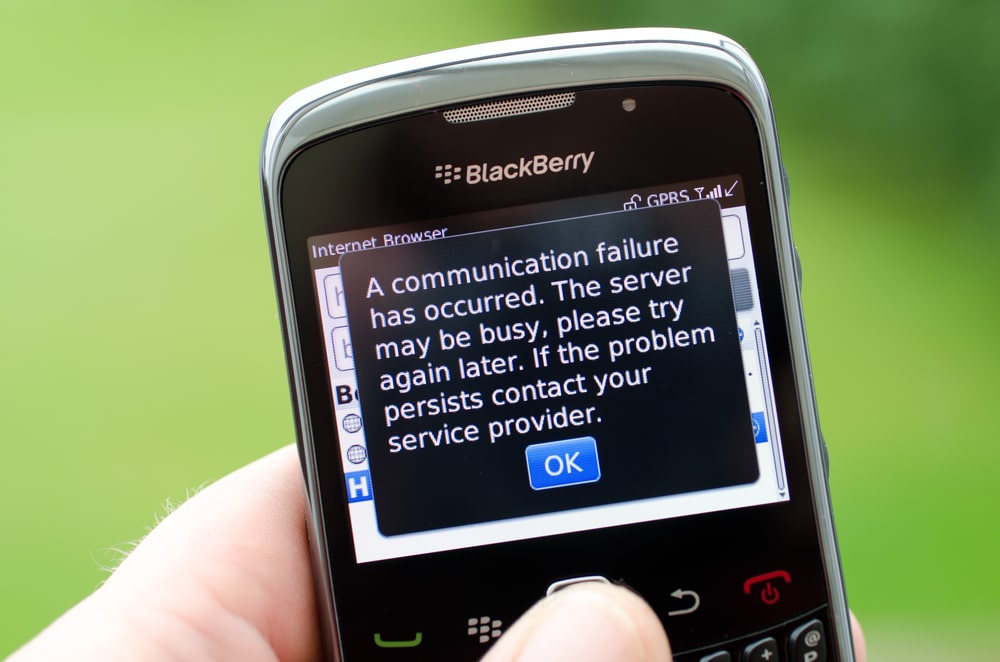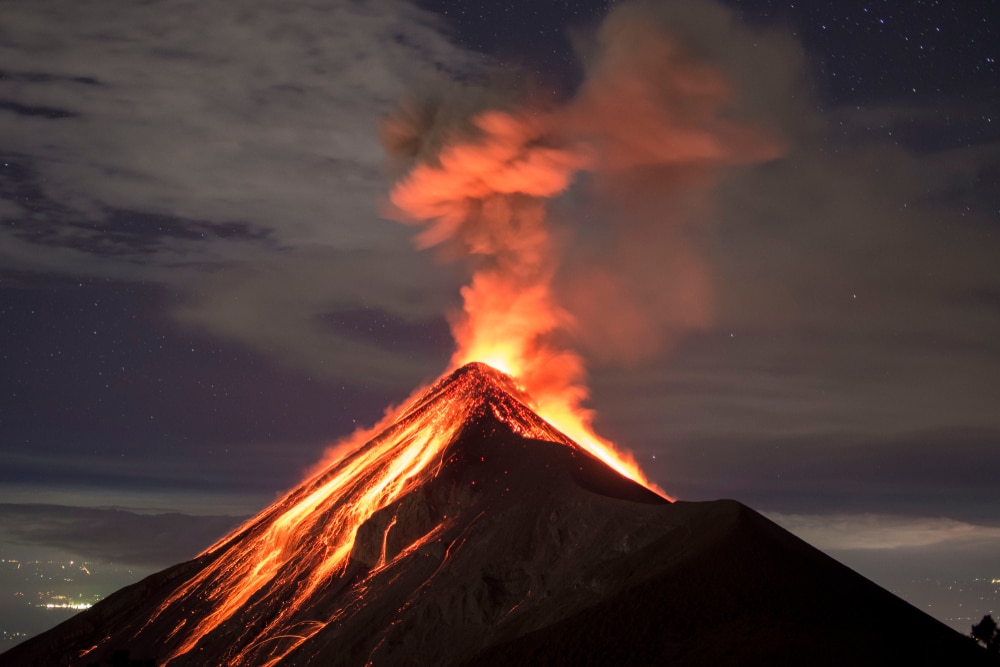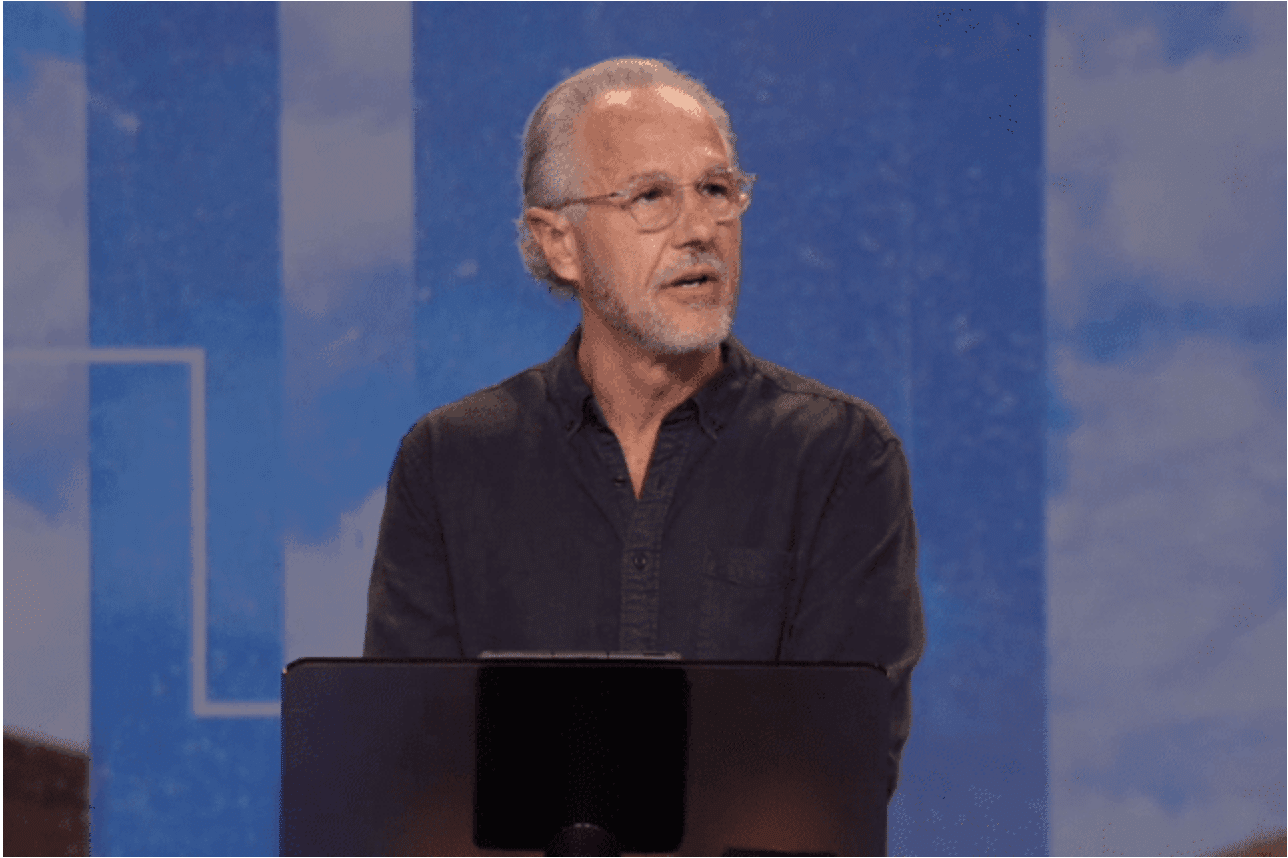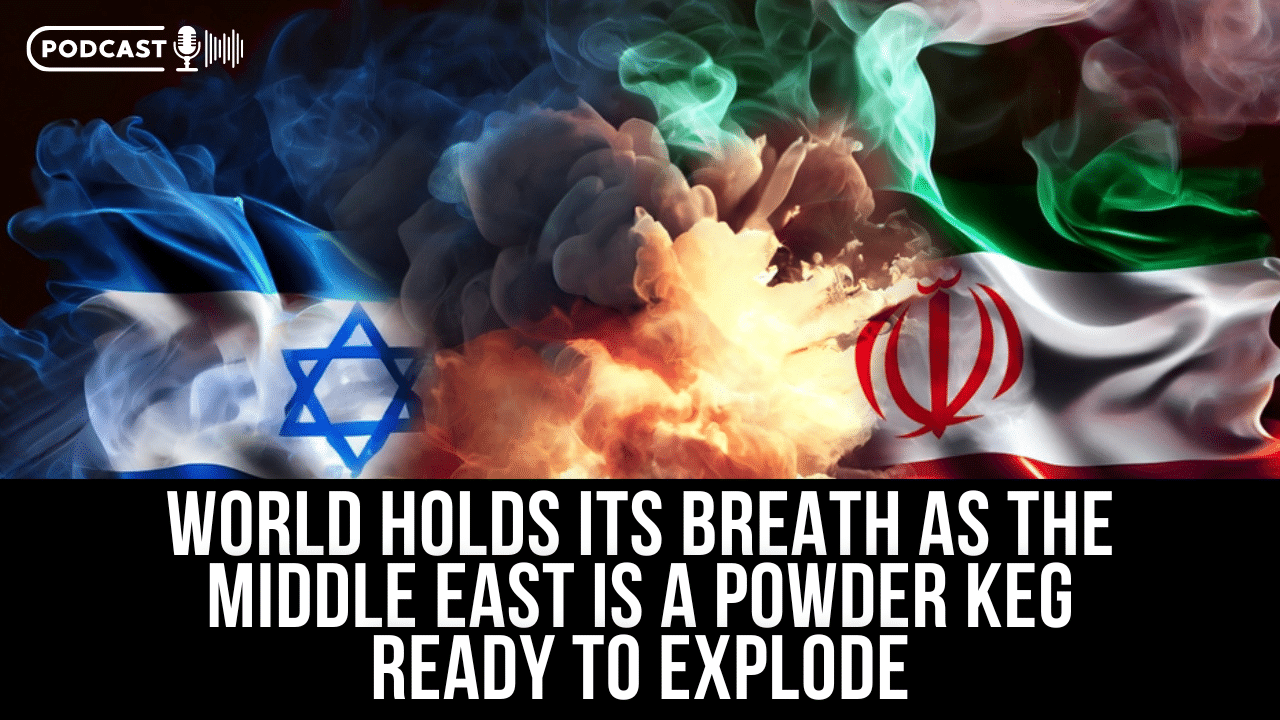Russia has doubled down and accused Israel of supporting neo-Nazis in Ukraine in a bitter row sparked by Sergei Lavrov’s comments that Adolf Hitler had ‘Jewish blood’.
According to the Daily Mail, Israel slammed the Russian foreign minister yesterday, saying his claim – made when talking about Volodymyr Zelensky who is Jewish – was an ‘unforgivable’ falsehood that debased the horrors of the Nazi Holocaust. Lavrov said: ‘I think that Hitler also had Jewish origins, so it means nothing. For a long time now we’ve been hearing the wise Jewish people say that the biggest anti-Semites are the Jews themselves.’
Lavrov’s comments sparked fury around the world, with Zelensky condemning the ‘anti-Semitic’ remarks which showed ‘Moscow has forgotten all the lessons from World War II’.
Yair Lapid, Israel’s foreign minister, also branded the remark ‘scandalous’ and said the Russian ambassador would be summoned for a ‘tough talk’. But in a statement today, the Russian foreign ministry said Lapid’s comments were ‘anti-historical’ and ‘explaining to a large extent why the current Israeli government supports the neo-Nazi regime in Kyiv’.
Leaders from several Western nations denounced Lavrov’s comments and Zelenskiy accused Russia of having forgotten the lessons of World War Two. The Russian ministry said in a statement that Israeli Foreign Minister Yair Lapid’s comments were “anti-historical” and “explaining to a large extent why the current Israeli government supports the neo-Nazi regime in Kyiv”. Moscow reiterated Lavrov’s point that Zelenskiy’s Jewish origins did not preclude Ukraine from being run by neo-Nazis.
“Antisemitism in everyday life and in politics is not stopped and is on the contrary nurtured (in Ukraine),” it said in a statement. Lavrov made the Hitler assertion on Italian television on Sunday when he was asked why Russia said it needed to “denazify” Ukraine if the country’s own president, Volodymyr Zelensky, was himself Jewish.
Israel has expressed support for Ukraine following the Russian invasion in February. But wary of damaging relations with Russia, a powerbroker in neighboring Syria, it initially avoided direct criticism of Moscow and has not enforced formal sanctions on Russian oligarchs.



